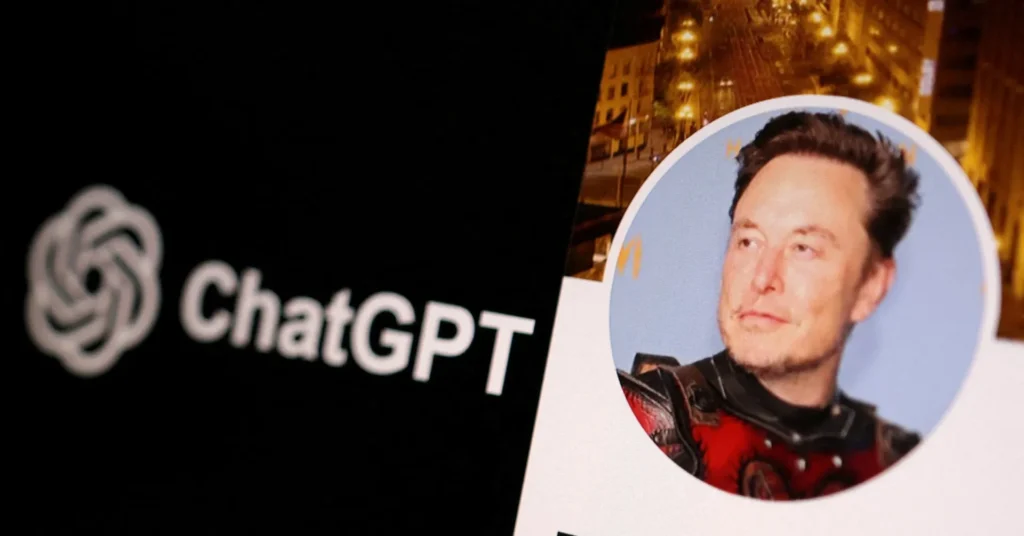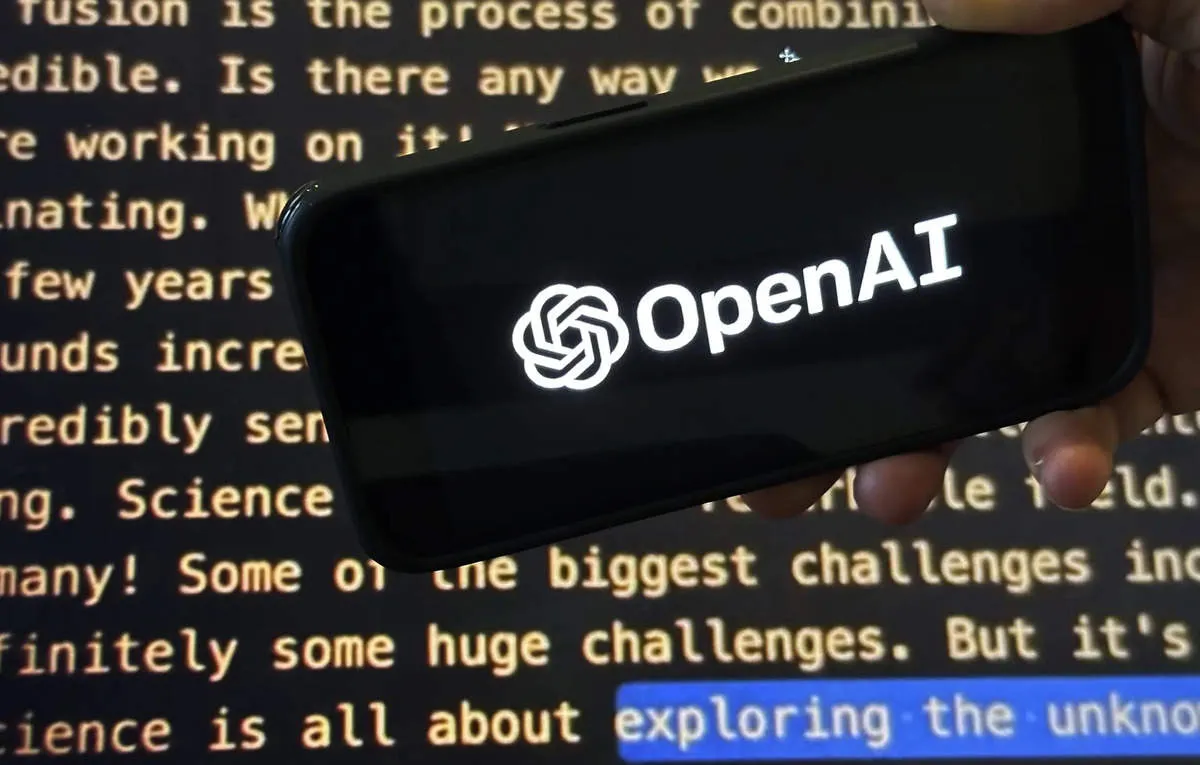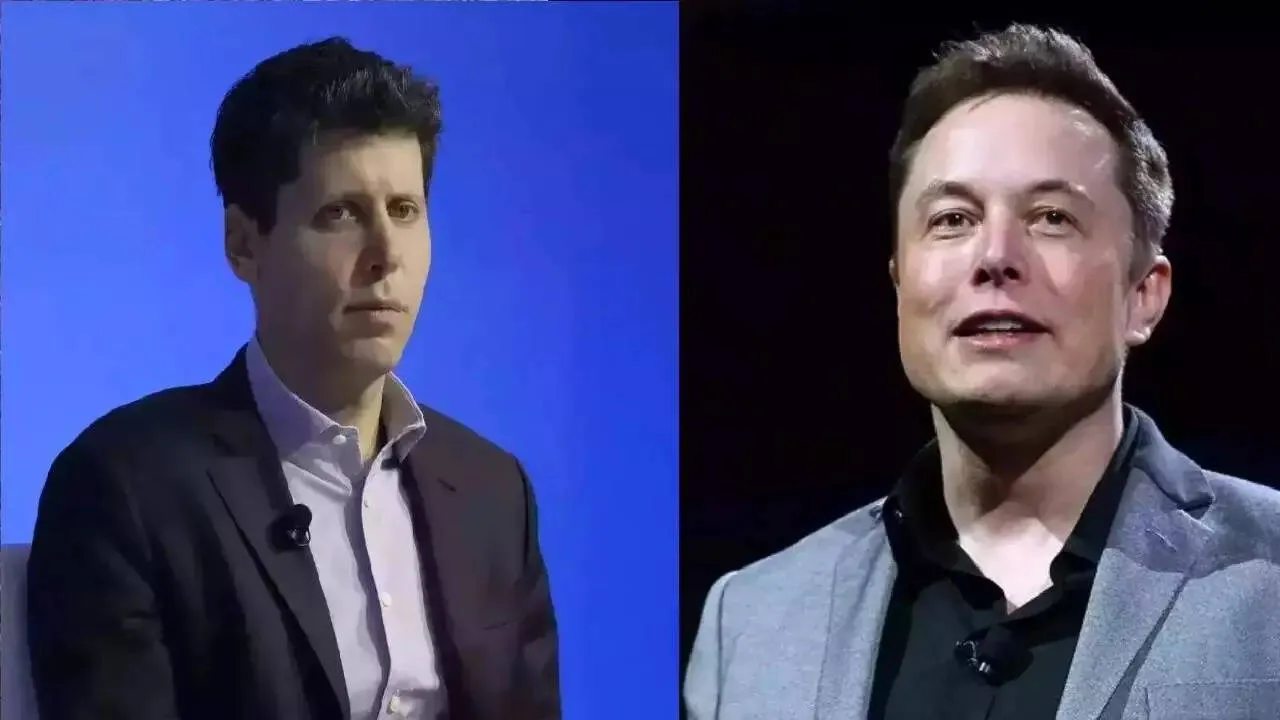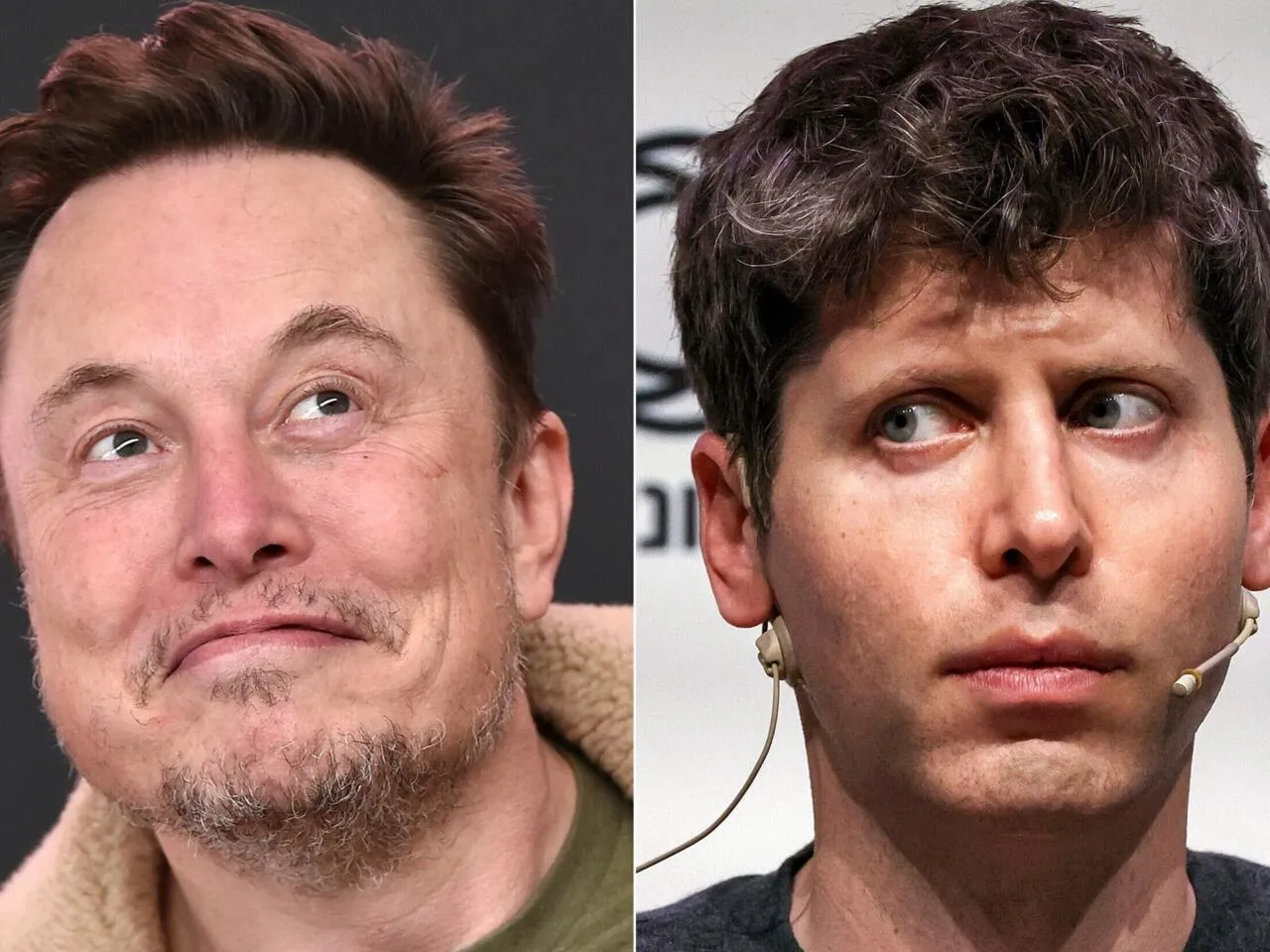
The legal showdown between Elon Musk and OpenAI has taken another dramatic turn as a group of former employees joins Musk in his efforts to preserve the non-profit status of the company. In a filing last Friday, a dozen ex-OpenAI employees filed a legal brief supporting Musk’s lawsuit, marking a significant development in the ongoing battle for the soul of the artificial intelligence giant.

The Stakes Are Higher: Musk’s Allegations Against OpenAI’s Shift in Mission
The clash between Musk and OpenAI’s current leadership, particularly CEO Sam Altman, stems from a stark disagreement about the company’s evolving mission. Musk, who co-founded OpenAI in 2015, has argued that the company is drifting away from its original humanitarian goals in favor of corporate profits. He accuses OpenAI of compromising its founding principles, focusing more on revenue generation than on its mission to develop AI for the good of humanity.
“OpenAI was founded as a non-profit with the clear goal of ensuring AI benefits all of humanity. But the recent changes show that corporate interests are taking over,” Musk said. The former Tesla CEO’s lawsuit seeks to halt the restructuring that would grant investors greater control over the company, a move Musk believes would fundamentally alter OpenAI’s core values.
The Legal Brief from Ex-Employees: An Insider’s Perspective
Backing Musk’s lawsuit is a group of ex-OpenAI employees, many of whom held technical and leadership roles within the organization. In their legal brief, these former staff members expressed concerns that OpenAI’s shift towards a more investor-driven structure would “fundamentally violate” the nonprofit’s mission. They argue that the nonprofit’s role as a controlling entity is crucial in overseeing the development of AI that aligns with humanistic goals.
The employees further emphasized that when they were at OpenAI, executives repeatedly underscored the significance of the nonprofit’s controlling role in shaping the company’s strategy. Many joined OpenAI because they were inspired by its mission to develop AI for the greater good, they said. This mission-driven approach helped OpenAI attract top-tier talent from across the tech industry.
OpenAI’s Defense: The Need for a New Structure to Fuel Growth

On the other side, OpenAI maintains that in order to secure critical investment funding, it must change its organizational structure. The company argues that the nonprofit needs to relinquish its controlling role to attract investors who can fund the necessary development of advanced AI technology. In their official statement, OpenAI assured the public that despite these structural changes, the company’s mission remains unchanged.
“Our Board has been very clear: our nonprofit isn’t going anywhere, and our mission will remain the same,” OpenAI stated. The company’s stance is that by restructuring, it will be able to raise significant funds to further its AI initiatives, ultimately benefiting its core mission.
The Tension Between Musk’s New AI Firm and OpenAI
Musk’s legal battle with OpenAI is not just a corporate feud—it is also a direct challenge to the future of AI development. Last year, after stepping away from OpenAI, Musk launched his own AI company, xAI, which many believe could become a major competitor to OpenAI. Musk’s critics, including Altman, have suggested that Musk’s opposition to OpenAI’s restructuring is motivated by his desire to slow down a competitor in the rapidly growing AI space.
“His actions seem to indicate that he wants to slow down OpenAI’s progress so that xAI can catch up,” Altman stated.
The Financial Pressure: Investors Push for Change
While Musk and a group of former OpenAI employees continue to challenge the company’s restructuring plans, there is immense pressure from investors to see the transition through. OpenAI is currently in the midst of securing a $40 billion fundraising round, which is contingent on completing its shift to a more investor-friendly structure by the end of this year.
For OpenAI, the stakes are clear: the company must evolve to meet the demands of investors or risk losing out on vital funding that would allow it to remain competitive in the rapidly advancing AI industry.
Looking Ahead: The Spring Trial and What’s at Stake

The legal dispute between Musk and OpenAI is set to go to trial next spring, with both sides preparing for a lengthy legal battle. The outcome of this lawsuit could have far-reaching implications for the future of AI development, and whether or not OpenAI can remain true to its mission while navigating the pressures of the corporate world.
As the case progresses, all eyes will be on the courtroom to see whether Musk’s vision for AI, grounded in humanitarian goals, can coexist with the investor-driven future that OpenAI is pursuing.
At the heart of this legal battle lies a crucial question: Can the rapid advancement of artificial intelligence continue to prioritize humanity’s best interests while balancing the financial realities of a global tech industry? As Musk and OpenAI prepare for a courtroom showdown, the outcome will undoubtedly shape the future of AI and its impact on society for years to come.
